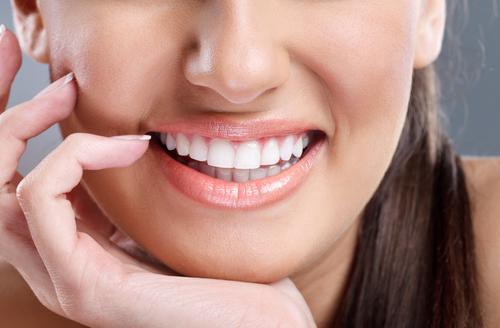Maintaining good oral hygiene is essential for healthy teeth and gums. By following a few simple practices, you can ensure that your oral health remains in excellent condition.
Here are the top 10 best practices recommended by dentists for healthy teeth and gums:
Brush Your Teeth Twice a Day: Brush your teeth thoroughly with a soft-bristled toothbrush and fluoride toothpaste at least twice a day. Ensure that you brush all surfaces of your teeth, including the front, back, and chewing surfaces. Brushing removes plaque and prevents the buildup of bacteria that can lead to tooth decay and gum disease.
Floss Daily: In addition to brushing, make flossing a daily habit. Use dental floss or interdental cleaners to clean between your teeth and remove plaque and food particles that your toothbrush may not reach. Flossing helps prevent cavities and gum inflammation.
Use Mouthwash: Using an antimicrobial mouthwash can help kill bacteria and freshen your breath. Rinse your mouth with mouthwash after brushing and flossing to further reduce bacteria and plaque buildup. Look for a mouthwash that contains fluoride to strengthen your tooth enamel.
Maintain a Healthy Diet: Eating a balanced diet that is rich in nutrients is not only beneficial for your overall health but also for your oral health. Include foods like fruits, vegetables, whole grains, lean proteins, and dairy products in your diet. Limit sugary and acidic foods, as they can contribute to tooth decay and enamel erosion.
Limit Sugary and Acidic Drinks: Reduce your consumption of sugary and acidic drinks such as soda, fruit juices, and energy drinks. These beverages can erode tooth enamel and increase the risk of cavities. Instead, opt for water or unsweetened drinks to hydrate and protect your teeth.
Avoid Tobacco Products: Tobacco use, including smoking and chewing tobacco, can significantly impact your oral health. It increases the risk of gum disease, tooth loss, oral cancer, and other dental problems. Quitting tobacco is crucial for maintaining healthy teeth and gums.
Visit Your Dentist Regularly: Schedule regular dental check-ups and cleanings with your dentist. Dental professionals can detect any oral health issues early on and provide appropriate treatment. Regular cleanings help remove plaque and tartar buildup, preventing gum disease and tooth decay.
Protect Your Teeth During Sports: If you participate in sports or activities that carry a risk of dental injuries, wear a mouthguard. Mouthguards help protect your teeth and prevent dental trauma. Consult your dentist for a custom-fitted mouthguard that offers the best protection.
Avoid Teeth Grinding: If you grind your teeth, known as bruxism, talk to your dentist. Grinding can lead to tooth damage, jaw pain, and other oral health problems. Your dentist may recommend a nightguard or other strategies to help alleviate the effects of teeth grinding.
Teach Good Oral Hygiene Habits to Children: Instill good oral hygiene habits in children from an early age. Teach them the importance of brushing, flossing, and visiting the dentist regularly. Help them develop a positive attitude towards oral care to ensure a lifetime of good oral health.
By following these best practices, you can maintain healthy teeth and gums and reduce the risk of dental problems. Remember, good oral hygiene is essential for overall well-being, so make it a priority in your daily routine.



